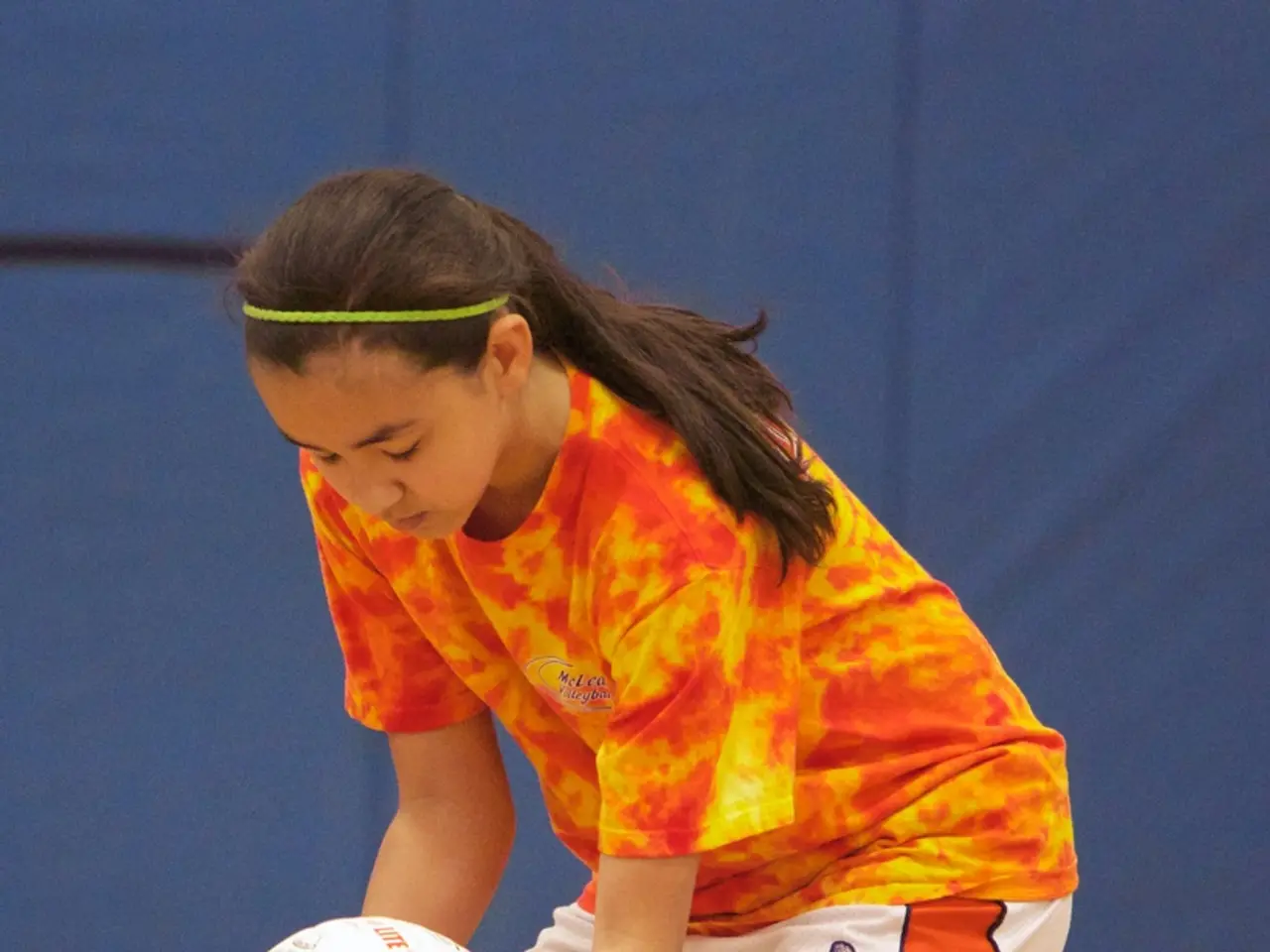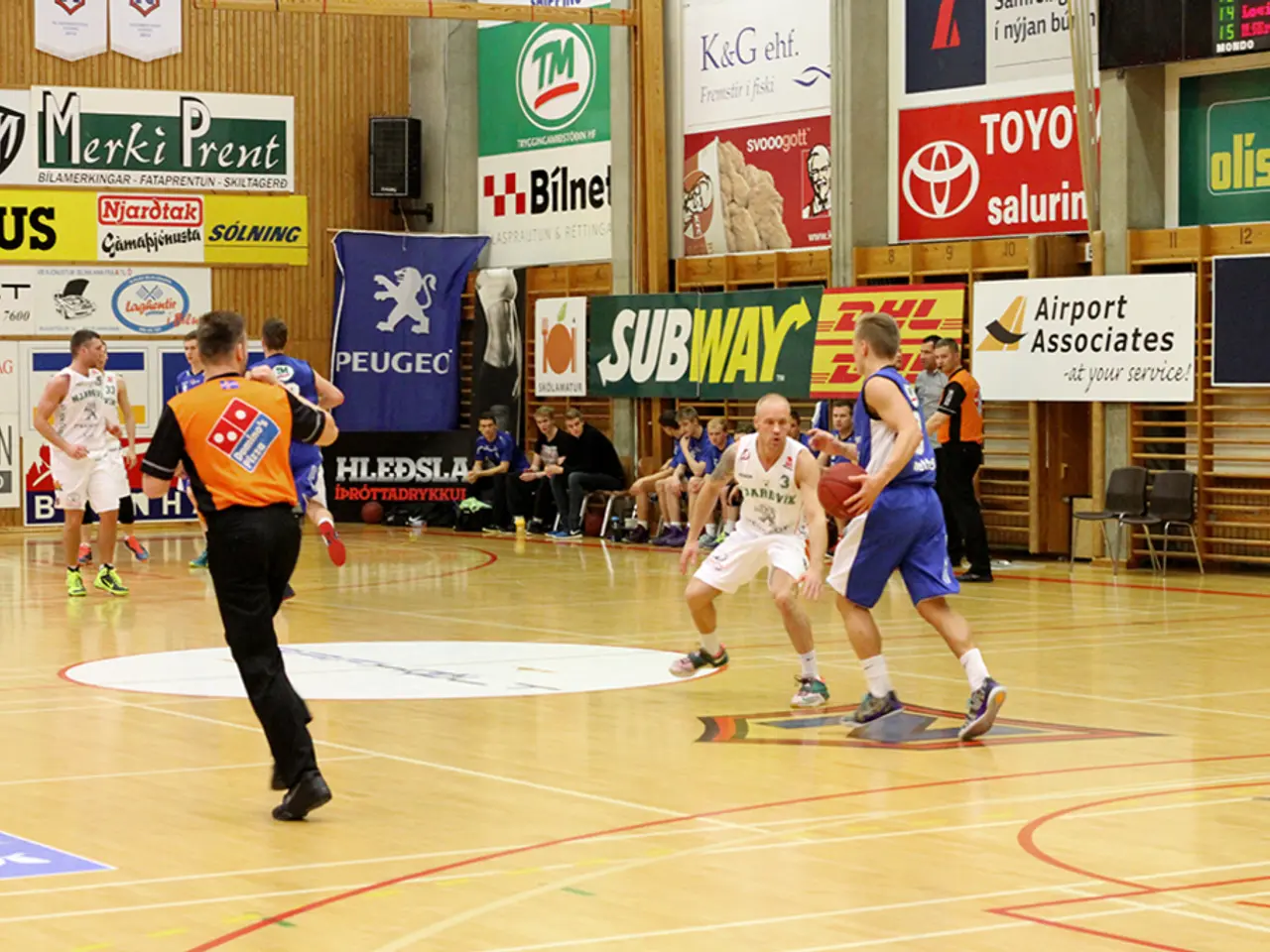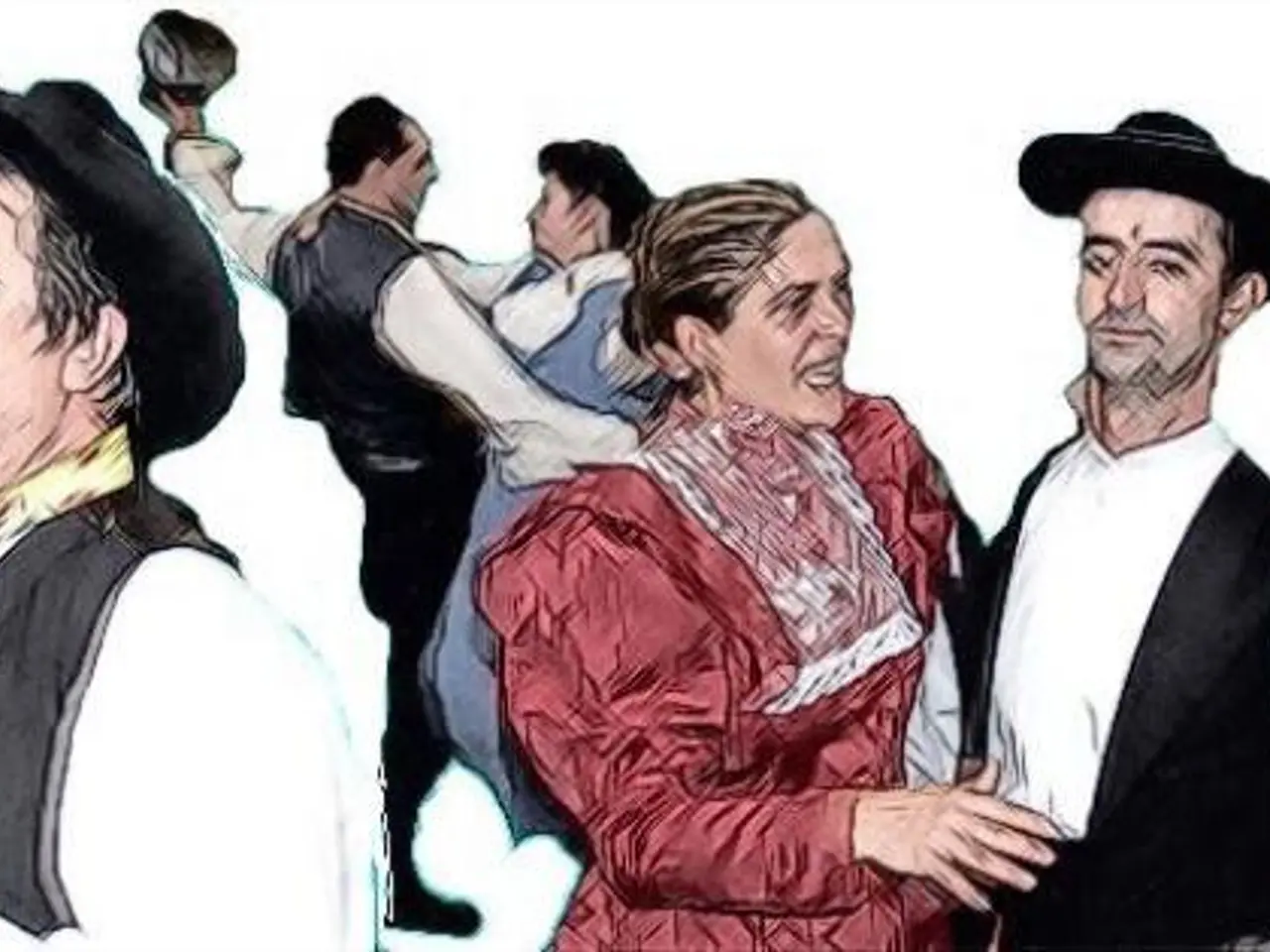Impact of Cultural Diversity on Video Game Development
In the ever-evolving world of gaming, culture plays a pivotal role in shaping the experiences that players encounter. Games must be accurately translated to reach a worldwide audience, maintaining cultural nuances and context, and avoiding misinterpretation.
Cultural aesthetics and artistic influence significantly shape the visual elements of gaming experiences, adding richness and authenticity to game design. For instance, a climate change game developed with input from Hindu religious communities in India avoided combat gameplay to respect Hindu values of nonviolence and integrated authentic rituals digitized through AI, creating a culturally sensitive, immersive experience.
Globalization influences gaming diversity by enabling games to reach a worldwide audience through localization and cultural adaptation, increasing inclusivity and representation across regions and cultures. Advanced localization technologies such as AI-driven translation, voice recognition, and dubbing help developers adapt content linguistically and culturally to diverse markets, making games relatable and engaging for players globally.
However, globalization also raises challenges like cultural appropriation and the risk of superficial or stereotypical portrayals, which can undermine authentic representation. The interconnected world inspires designers to incorporate diverse cultural elements thoughtfully, but achieving genuine inclusivity requires careful research and collaboration with cultural stakeholders.
Moreover, the gaming industry still faces issues with diversity, especially in character representation and development teams. Addressing this requires hiring diverse developers who bring authentic perspectives to game creation, improving both creative outcomes and audience resonance.
Successful localization of games involves adapting gameplay elements, character interactions, and storylines to align with cultural norms and values. Understanding cultural nuances is vital for game developers to create engaging and relatable gaming experiences for diverse audiences, ensuring inclusivity and appeal to a global market.
Embracing cultural influences in future game design trends will create immersive and engaging gaming experiences that resonate with players on a deeper level. Cross-cultural collaboration in game development fosters diverse perspectives and skills, promoting inclusivity and authenticity in gaming experiences.
Adapting gameplay for different cultural contexts enhances player engagement and inclusivity by tailoring gameplay elements, difficulty levels, and feedback systems. Music and sound design reflecting cultural tones contribute to storytelling and evoke emotional responses.
Social structures and gameplay mechanics in game design are heavily influenced by cultural norms and values, shaping player interactions and gameplay dynamics. Games developed in societies valuing collectivism may prioritize teamwork and collaboration in gameplay mechanics.
Technological advancements enable developers to incorporate cultural adaptations seamlessly, such as through virtual reality technology and artificial intelligence. Social structures encompass societal frameworks within which games are designed, often shaping gameplay mechanics and interactions.
In summary, cultural background guides game content, ethics, and mechanics to reflect specific societal values, globalization promotes gaming diversity through localization technology, challenges include risks of cultural appropriation and stereotypical representations, and greater inclusivity in game development teams is necessary to improve authentic in-game diversity and representation. These factors collectively shape how games are designed and received in a globalized, culturally plural gaming ecosystem.
- In the realm of e-learning, understanding cultural nuances is equally important to avoid misinterpretations and maintain authenticity, especially when creating courses for diverse international students.
- While watching general news, one can observe the ongoing evolution of sports, where various cultures and regions contribute unique insights and styles, showcasing the globalization and diversity of sports.








